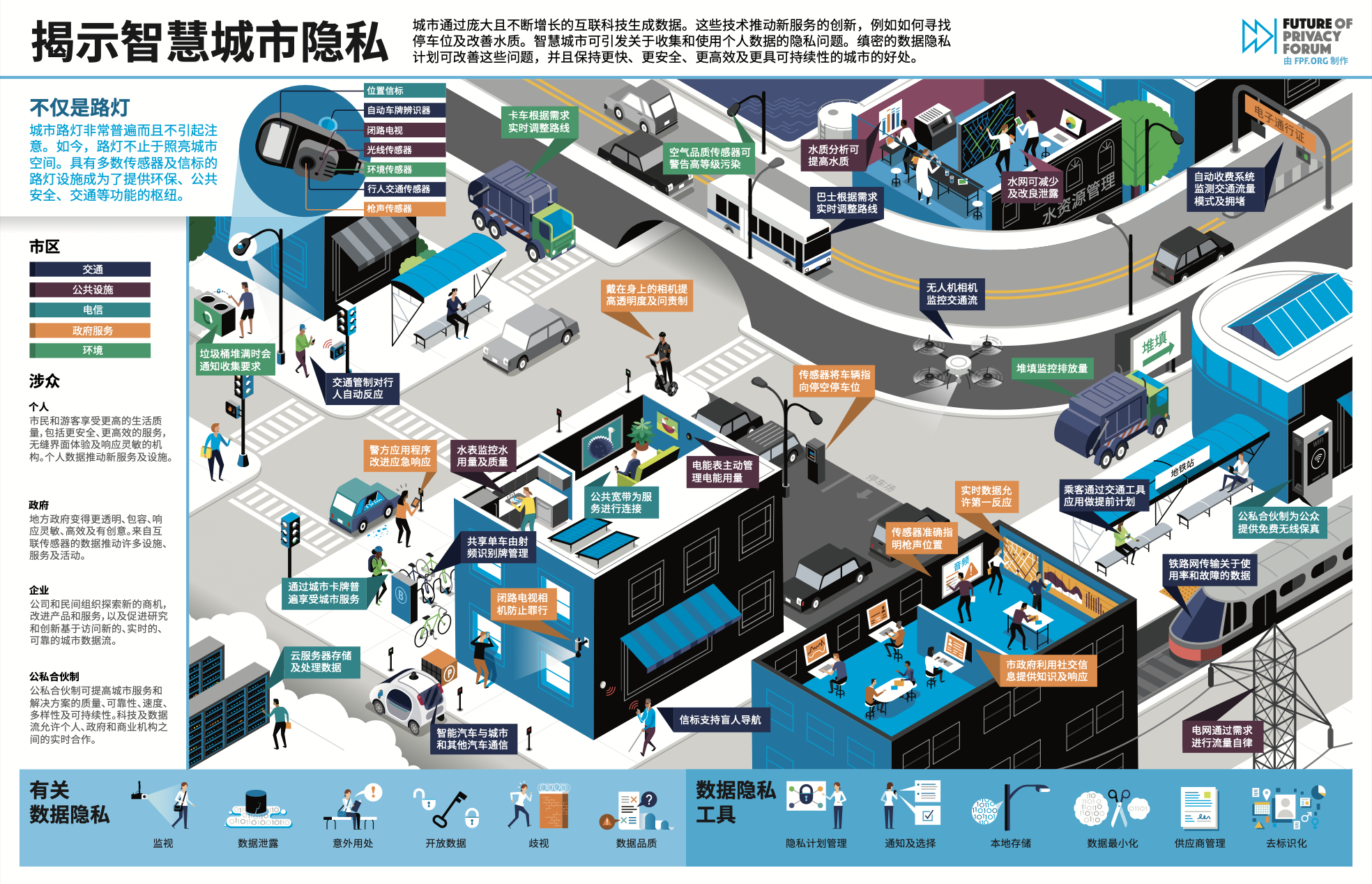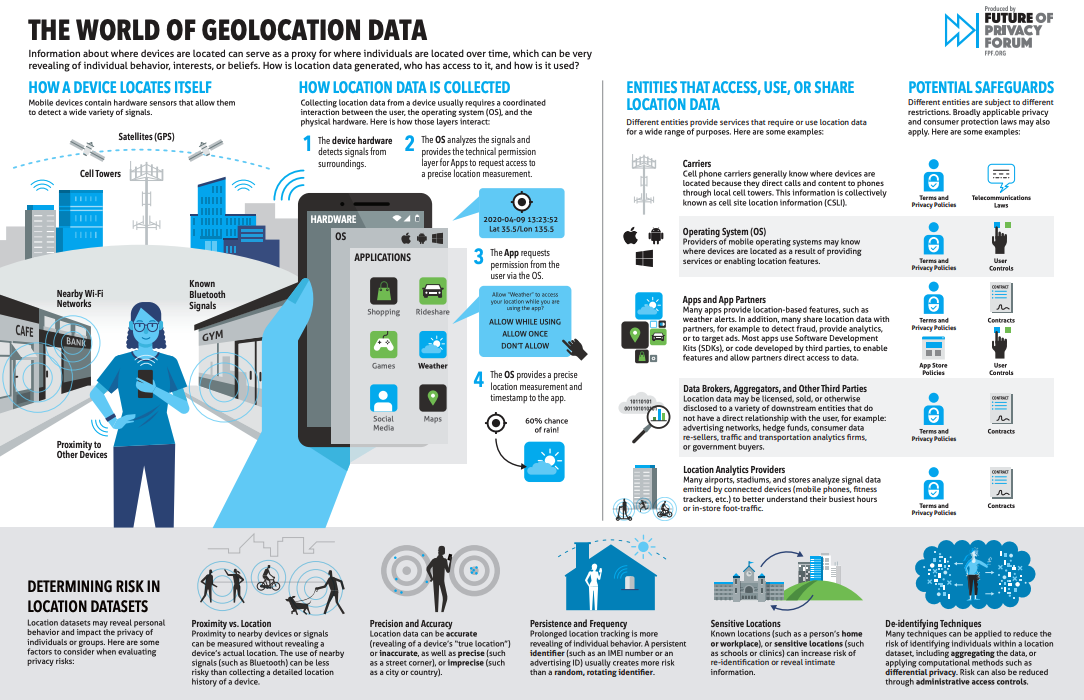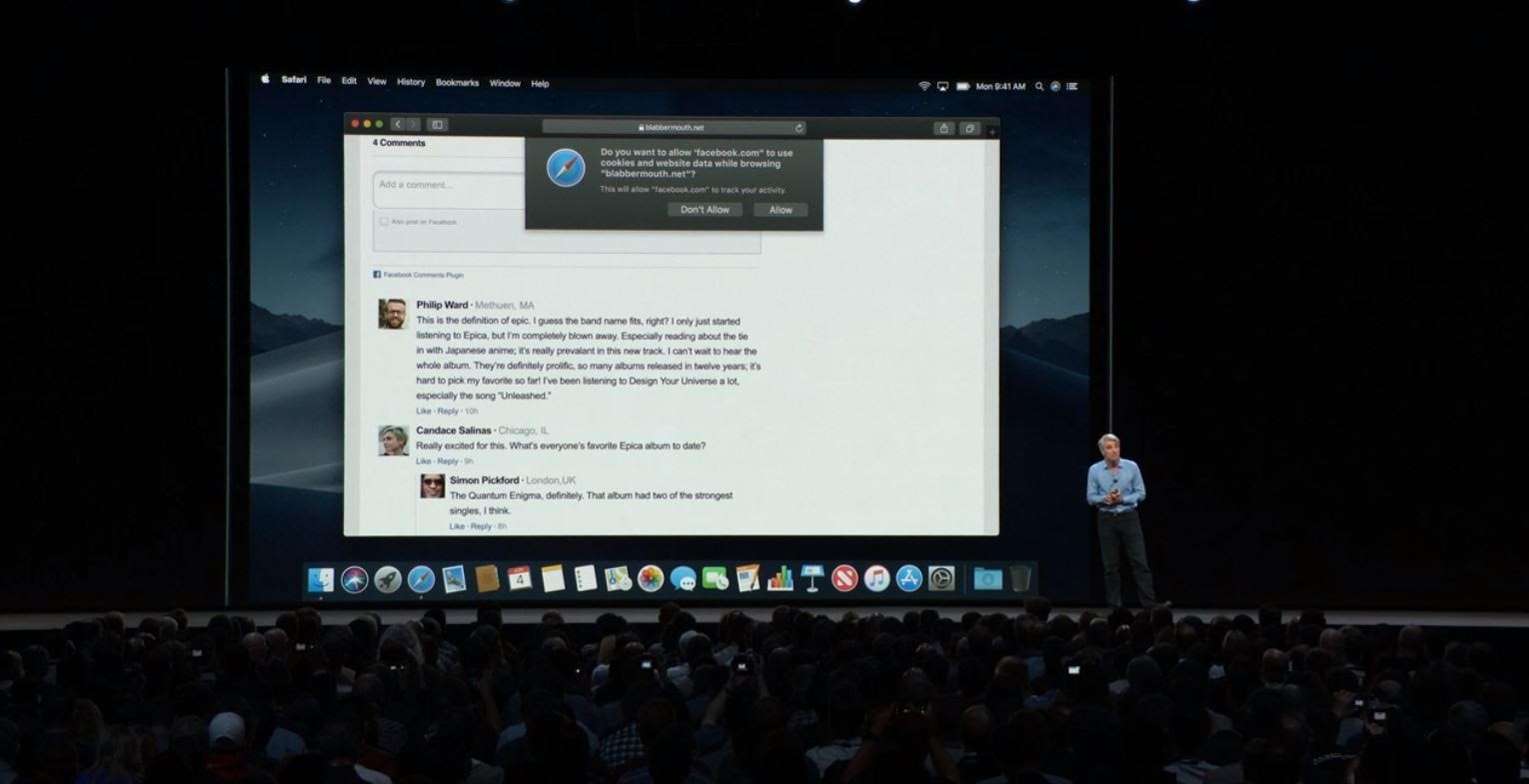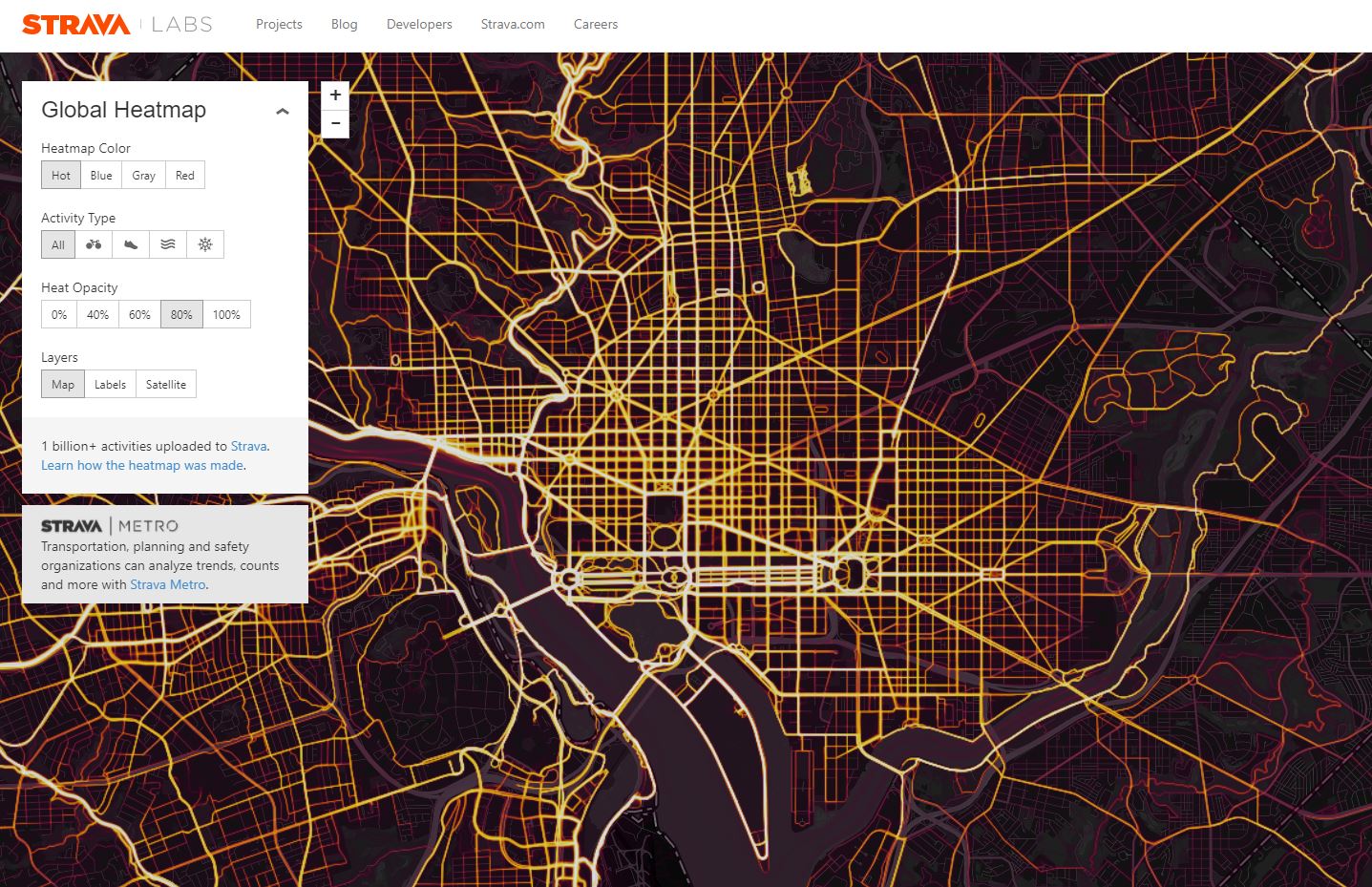New Report Explores Privacy Implications of Driver Safety Systems
Report Offers Recommendations for Organizations Developing, Implementing, and Regulating Technologies Today, the Future of Privacy Forum (FPF) is releasing a new report explaining how safeguarding driver privacy and data protection will be critical to ensuring widespread acceptance of new safety technology in vehicles. This report comes as the National Highway Traffic Safety Administration (NHTSA) is […]
Driver Impairment and Privacy: What Lies Ahead for Driver Impairment Detection?
The 2021 Infrastructure Act mandates that the US Department of Transportation issue a rule requiring the creation and implementation of monitoring systems to deter drivers impaired by alcohol, inattention, or drowsiness. The Department of Transportation (DOT) must establish a Federal mandatory motor vehicle safety standard to “passively monitor a motor vehicle driver’s performance to accurately […]
FPF Launches Infographics in Chinese
As FPF’s work expands to include an international audience, we are pleased to relaunch FPF’s popular infographics in various languages. Because conversations around data protection have become more global, the need for high-quality information and new forms of communication in different languages continues to increase. The infographics translation project aims to help FPF provide a […]
FPF Submits Comments Regarding Data Protection & COVID-19 Ahead of National Committee on Vital and Health Statistics Hearing
Yesterday, FPF submitted comments to the National Committee on Vital and Health Statistics (NCVHS) ahead of a Virtual Hearing of the Subcommittee on Privacy, Confidentiality, and Security on September 14, 2020. The hearing will explore considerations for data collection and use during a public health emergency, in light of the deployment of new technologies for […]
iOS Privacy Advances
Law and legislation take the lead in setting standards for protecting personal data, but the policies and norms established by companies also play a central role. This has been the case particularly for global platforms providing the services used by billions in the course of daily life. Apple’s 2020 Worldwide Developer Conference (WWDC) previewed a […]
New Infographic Illustrates Key Aspects of Location Data
Today, the Future of Privacy Forum (FPF) published an infographic, “The World of Geolocation Data” that outlines how location data is generated from mobile devices, who has access to it, and factors to consider in evaluating privacy risks. Data from our mobile devices, including smartphones and fitness trackers, can serve as a proxy for where […]
A Closer Look at Location Data: Privacy and Pandemics
In this series, Privacy and Pandemics, the Future of Privacy Forum explores the challenges posed by the COVID-19 crisis to existing ethical, privacy, and data protection frameworks, and will seek to provide information and guidance to companies and researchers interested in responsible data sharing to support public health response. Future posts will examine pandemic-tracking mobile […]
Mobile Platforms Address Data Privacy with 2018 Updates (iOS 12, Mojave, & Android P)
In light of recent debates over Facebook’s role in protecting users’ privacy against third-party app developers, many are recognizing the importance of mobile platforms in safeguarding user data. Apple emphasized privacy in its Worldwide Developers Conference (June 4-8, 2018), highlighting several privacy-related updates to the upcoming macOS and iOS 12. Google also made privacy a focus of their newest mobile operating system, Android P, with several key software updates that will restrict app developers’ access to data.
Empirical Research in the Internet of Things, Mobile Privacy, and Digital Advertising
In the world of consumer privacy, including the Internet of Things (IoT), mobile data, and advertising technologies (“Ad Tech”), it can often be difficult to measure real-world impact and conceptualize individual harms and benefits. Fortunately, academic researchers are increasingly focusing on these issues, leading to impressive scholarship from institutions such as the Princeton Center for Information Technology Policy (CITP), Carnegie Mellon University School of Computer Science, UC Berkeley School of Information, and many others, including non-profits and think tanks.
If You Can't Take the Heat Map: Benefits & Risks of Releasing Location Datasets
Strava’s location data controversy demonstrates the unique challenges of publicly releasing location datasets (open data), even when the data is aggregated.










